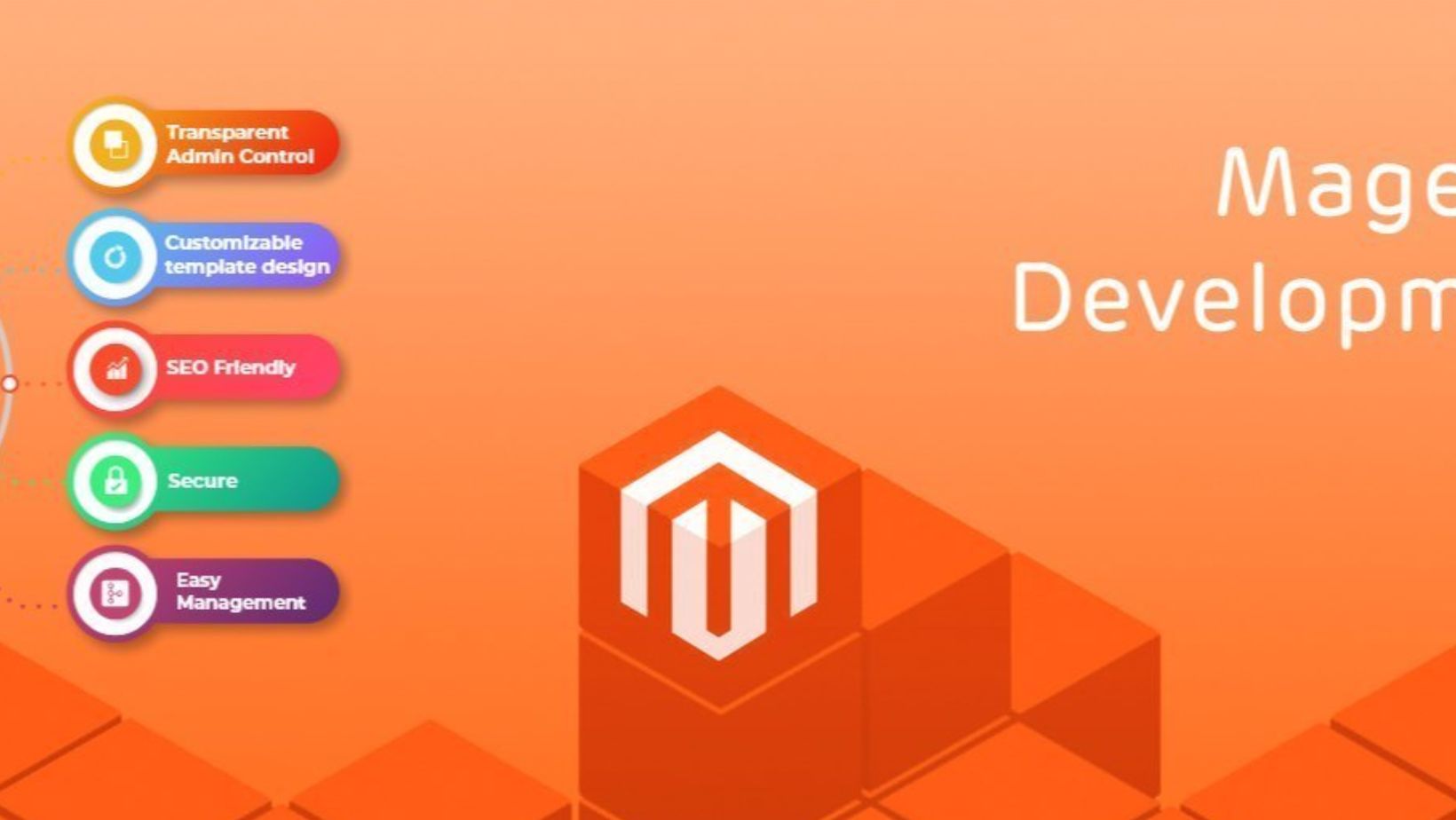Advancements in technology have brought new hope and innovative solutions for alcohol use disorder treatment. These emerging tools provide additional support and resources for individuals seeking recovery, complementing traditional alcohol use disorder treatment methods. Technology is transforming how treatment is accessed, delivered, and monitored, making it more effective and accessible.
Table of Contents
ToggleDigital Health Platforms
Digital health platforms offer various resources for alcohol use disorder treatment, from telehealth services to mobile apps. These platforms provide a convenient and flexible way for individuals to access support and treatment.
Telehealth Services
Telehealth services have revolutionized alcohol use disorder treatment by making it more accessible, especially for those in remote or underserved areas. Through video conferencing, patients can connect with healthcare providers and receive counseling, therapy, and medication management without needing to visit a clinic.
1. Increased Accessibility: Telehealth eliminates geographical barriers, allowing individuals to access specialized care from anywhere. This is particularly beneficial for those living in rural areas or with limited mobility.
2. Privacy and Comfort: Many individuals feel more comfortable discussing sensitive issues in their homes. Telehealth provides a private and secure environment for treatment.
Mobile Apps
Mobile apps designed for alcohol use disorder treatment offer various tools and resources to support recovery. These apps can track progress, provide educational content, and connect users with support communities.
1. Monitoring and Tracking: Apps can help individuals track their alcohol consumption, monitor cravings, and set goals. Real-time data collection allows for better self-awareness and progress tracking.

2. Educational Resources: Many apps provide educational materials about alcohol use disorder, coping strategies, and relapse prevention techniques. This information empowers users with knowledge and skills to manage their condition.
3. Peer Support: Some apps include social features that allow users to connect with others in recovery. Peer support can provide motivation, encouragement, and a sense of community.
Wearable Technology
Wearable technology, such as smartwatches and fitness trackers, offers new ways to monitor and support alcohol use disorder treatment. These devices can track physical and physiological data, providing valuable insights into the user’s health and behavior.
1. Continuous Monitoring: Wearable devices can monitor vital signs like heart rate and sleep patterns. These metrics can indicate stress levels and potential relapse triggers.
2. Real-Time Feedback: Wearables can provide real-time feedback and alerts, helping individuals recognize and respond promptly to cravings or high-risk situations.
3. Integration with Treatment Plans: Data collected from wearables can be shared with healthcare providers, allowing for more personalized and effective treatment plans. This integration can enhance the overall treatment experience.
Virtual Reality (VR)
Virtual reality (VR) technology offers innovative approaches to alcohol use disorder treatment by creating immersive and controlled environments for therapy and skill-building.
1. Exposure Therapy: VR can simulate real-life scenarios that trigger alcohol cravings, allowing individuals to practice coping strategies in a safe and controlled setting. This exposure therapy can reduce the intensity of cravings and improve resilience.
2. Stress Reduction: VR can provide relaxing and calming environments, such as virtual nature scenes or guided meditation experiences. These environments can help reduce stress and anxiety, which are common triggers for alcohol use.
3. Skill Development: VR can simulate social situations and other high-risk scenarios, providing a safe space to practice refusal skills and different coping mechanisms. This practice can build confidence and improve outcomes in real-world situations.
Artificial Intelligence (AI) and Machine Learning
Artificial intelligence (AI) and machine learning technologies enhance alcohol use disorder treatment by providing personalized insights and predictive analytics.
1. Personalized Treatment Plans: AI algorithms can analyze data from various sources, such as medical records, wearable devices, and self-reports, to create personalized treatment plans. These plans can adapt to the individual’s progress and changing needs.
2. Predictive Analytics: By identifying patterns and risk factors, machine learning models can predict potential relapses. Based on these predictions, early intervention can be implemented, improving the chances of sustained recovery.
3. Virtual Health Assistants: AI-powered virtual health assistants can provide 24/7 support, answering questions, offering reminders, and providing motivational messages. These assistants can help individuals stay engaged with their treatment plans and provide immediate support during crises.
Online Support Communities
Online support communities and forums offer a platform for individuals with alcohol use disorder to connect, share experiences, and receive support.
1. Anonymity and Accessibility: Online communities provide a level of anonymity that can make individuals feel more comfortable sharing their experiences. These communities are accessible from anywhere and provide support at any time.
2. Peer Support: Connecting with others experiencing similar challenges can provide a sense of belonging and reduce feelings of isolation. Peer support can be a powerful motivator for maintaining sobriety.

3. Resource Sharing: Members of online communities often share valuable resources, such as treatment recommendations, coping strategies, and educational materials. This collective knowledge can enhance individual recovery efforts.
Technology is playing an increasingly important role in alcohol use disorder treatment, offering new tools and approaches that complement traditional methods. Digital health platforms, wearable technology, virtual reality, artificial intelligence, and online support communities contribute to more accessible, personalized, and effective treatment options.
As these technologies continue to evolve, they hold the promise of improving outcomes and supporting long-term recovery for individuals with alcohol use disorder. Embracing these innovations can lead to a more comprehensive and holistic approach to managing and overcoming AUD.






